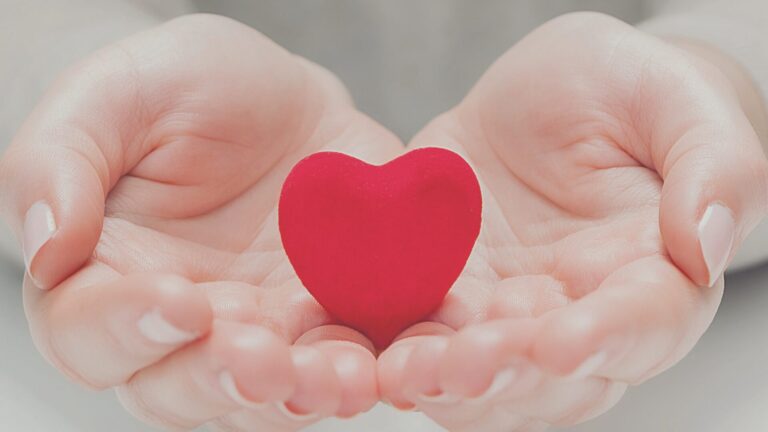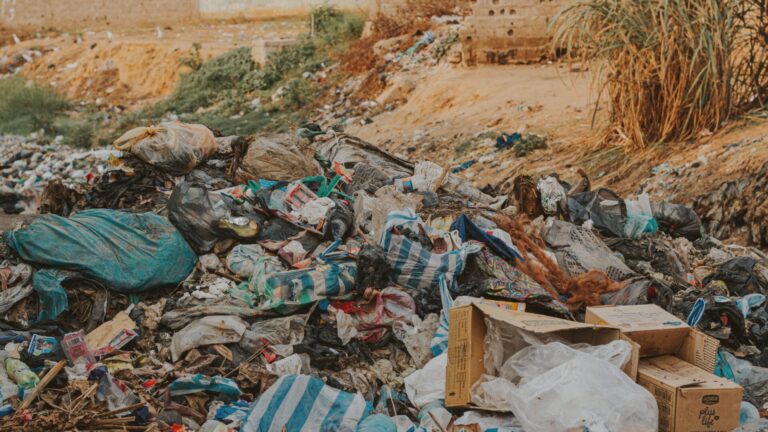Each year, I struggle to set New Year’s resolutions. I want to aim for far-reaching resolutions, like making this world a better and sustainable place for all of us or having more professional and personal freedom, knowing that it is not something that I can achieve in a year. I have also tried to set lower resolutions in the past, like I just want my year to be peaceful and enjoyable. I am not sure if I succeeded within a year either.
I always include sustainable goals, but hesitate on which goals I should aim for. People say that we should set achievable resolutions, something realistic and measurable, like read two books each month or write at least 10 minutes each day. Those goals are easily achievable, giving us the feeling of success, but I wonder how meaningful it is to achieve such goals. We set New Year’s resolutions each year, because we want to change ourselves and how we spend our time.
Meanwhile, most sustainable goals are difficult and impossible to achieve on an individual level. Should I settle for reachable goals, like eating less meat and buying used clothes instead of fast-fashion? I know that I can achieve these goals if I make small efforts. Can I be satisfied with achieving those goals? Will those goals contribute to solving today’s environmental and social problems?
Choosing sustainable resolutions
New Year’s resolutions are personal. Each person can choose their own resolutions and there is no right answer. We set our goals each year, because there are aspects of our lives that we are not satisfied with. It might be an aspect on a personal level, like wanting to earn more money or change the job. It can also be on a social level, like creating a better society or fighting against climate change.
As much as we wish for change, many goals are out of our control. We wish to earn more money, but oftentimes it doesn’t only depend on our abilities. It depends on the economy and the job opportunities that are available to us. Sometimes, it is just a matter of luck.
As I look at sustainable goals, looking for the ideas of goals that I can set this year, I realize that most of the goals are out of my reach. I have no idea how to achieve world peace and end poverty. I have no power to end the wars in Ukraine and Gaza or help people living in extreme poverty in the world. It would be too far-fetched to set my goals this high. I can only wish that those goals will come true one day.
There are goals that concern me, like gender equality and unsustainable consumption. I can vote for female candidates and support female-owned businesses to encourage gender equality. I can stop mindlessly consuming and throwing things out to reduce unsustainable consumption. However I don’t know if my actions will fundamentally change the status quo. There is a limit to what we can do individually to make a substantial change.
Does it mean we should give up doing anything, because things are out of our control? Or should we be satisfied with achieving what we can do?
How much are we responsible for?
When we want to make a change in ourselves and in a society, we need to ask ourselves this question, “how much are we responsible for?” We are unhappy with the state in which we are today. However, there are things that we can’t change, such as our upbringing or where we live. We can’t be responsible for needing to take a car everyday to work, because there is no public transport that allows you to reach your workplace sustainably.
There are also social pressures. If your social group thinks it’s important to wear and own the latest items, it would be hard to do otherwise even though you don’t really need them. You are split between your desire to be part of a social group and your desire to stop over consuming. Either way, you need to pay for the consequences.
We need to ask this question: are we free to act otherwise? If you are lucky to be able to change your work or choose to be a part of other social groups, you can change the bad behavior that goes against your values and beliefs. Not everyone is lucky. Sometimes you have no choice but to continue to use cars and buy new phones.
We shouldn’t aim for something that we can’t change, but can we give up easily before trying to change?
We are split between different desires
There are things that we can’t change how hard we try. And there are things that we might be able to change. We might be able to stop buying cheap fast fashion clothes, but we are confronted with our desire to spend less money on clothes. We can do it, but it feels out of reach.
We are confronted with many contradictory desires each day. Our lower-order desires are in the way of doing what we ultimately desire, our higher-order desires to be a better person.
New Year’s resolutions let us know how hard it is to be true to ourselves. Even if we set achievable goals, it is hard to change our habits and resist our lower-desires.
Taking some of the responsibility
Many things are out of our control. We can’t always have control over our desires to do the right things either. As Galen Strawson says, “we cannot be truly or ultimately morally responsible for our actions,” because we are influenced by our past and the environment in which we live. Growing up in the consumerist and unjust world, we can’t easily change the way we live or our value system. We can’t blame people who are simply trying to survive in this world.
On the other hand, we can’t all give up and refuse to take responsibility. Climate change is escalating and the earth is becoming an inhabitable place. The gap between rich and poor will be wider, creating political and social insecurities.
What are the alternatives between blaming ourselves for inactions and refusing completely to take responsibility because things are out of our control? I like the idea of taking some responsibility for the psychological mechanism that makes us act the way we do.
We don’t need to blame ourselves for not being able to act the way we do, because it is not entirely our fault that things are the way they are. Though guilt is a strong and powerful tool, it can lead to denial. It drives us to deny that we are doing nothing wrong, which is unproductive and unhelpful.
Instead we can accept that some things are out of our control due to our upbringing or our current environment, relieving ourselves from the responsibility. We can use this as an opportunity to change our psychological mechanisms that create destructive actions. Learning about why we act the way we do and what we can do to change it.
It’s like taking therapy when we have self-destructive behavior. Sometimes we have to work on a deeper level to change our behavior.
If we choose achievable goals, we are only working on the surface, without finding out the problem on a deeper level. For a sustainable change, I prefer to aim for difficult goals knowing that I will definitely fail. Instead of feeling bad that I don’t succeed, I wish to learn and grow as a person.
Reference
SDG’s report 2024, https://unstats.un.org/sdgs/files/report/2024/SG-SDG-Progress-Report-2024-advanced-unedited-version.pdf
Talbert. Matthew (2024), Moral Responsibility, https://plato.stanford.edu/entries/moral-responsibility/








